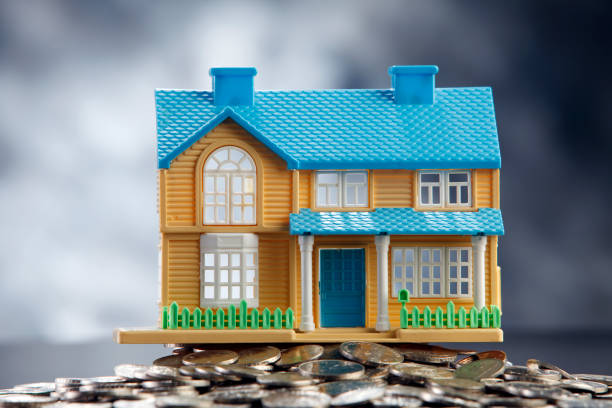Many people are reluctant to get out extra blankets and jumpers, even though the cold weather is a joyous occasion.
The cost of energy is still high, and the winter will likely add to that burden. By doing a few simple things, you can make your home energy-efficient. You will save money on heating costs and keep your home warm during the winter.
These tips are most suitable for homeowners who can make improvements to their homes. If you are a private renter and your home is cold, you should speak to your landlord. They can help you improve your heating and insulation.
Grants may be available for home improvements. Your landlord may be required to make improvements to your property if it is not energy efficient.
Your home should be protected from intruders by installing a Draught-prooDraughtproofk to make sure that your home doesn’t let heat escape. Around 18% and 3% of heat loss from a house is through the windows.
Draughtproof your home professionally to maximize its efficiency. If you’d rather do it yourself, you can purchase draught-proofing strips for windows and doors.
DraughtproofDraughtproofing Doors will make your home more comfortable and save you up to PS45 (PS50 if you live in Northern Ireland) on heating costs each year. Adding a draught excluder in your chimney can save you up to PS65 (PS70 if you live in Northern Ireland) per year.
Insulate your pipes
Insulating your hot-water pipes is easy to conserve energy. Pipe lagging can reduce heat loss and prevent pipes from freezing or bursting.
Pipe insulation is a simple DIY installation. You can purchase foam insulation tubes from an online store or a DIY shop and slip them over the pipes. Foam pipe sleeves cost about PS.1.75 a meter and will save you around PS.6 (PS.6 in Northern Ireland) on your annual energy bills. This also reduces your risk of costly repair bills due to burst pipes.
Install reflector panels and bleed your radiators.
Your radiators may not be working as effectively as they should due to cold spots caused by trapped air. Most DIY stores sell a radiator bleeding tool that will help you heat your home more efficiently.
Install reflective radiator panels to maximize the heat generated by your radiators. They reflect heat into the room and stop it from escaping through the walls.
Installing reflective radiator panels on a home with solid, uninsulated walls could save up to PS25 a year.
Top tip: Move furniture away from radiators and remove radiator covers. It will ensure that no heat is lost.
Upgrade your heating control.
Room thermostats allow you to control the temperature in your home. The heating can be programmed to come on and go off at specific times to fit your schedule. TRVs allow you to control the temperature of each radiator so that you can only heat the rooms you want.
By installing and using a complete set of heating controls, you can heat your home exactly where and when you want. If you don’t currently have these heating controls, you could save up to PS120 per year (PS135 for NI).
Fill up the hot water cylinder insulation.
Most UK hot water cylinders are insulated, but those that have a jacket less than 25mm in thickness could benefit from additional insulation.
Upgrading your hot-water cylinder insulation could save you up to PS45 per year. If your hot water cylinder does not have insulation, you could save around PS200 per year.
Add loft insulation
Many homes do not have enough loft insulation. The recommended thickness is 270mm.
You could save around PS25 (PS25 in Northern Ireland) by increasing your loft Insulation to 270mm. Installing 270mm new insulation in the loft could save you PS250 per year (PS285 if you live in Northern Ireland).
Upgrade your boiler
Modern boilers are more energy efficient than older models. Consider replacing your older boiler with a condensing boiler.
The amount you can save will depend on the type of boiler you replace. By replacing a D-rated boiler with an A-rated boiler, you could save PS140 (PS100 in Northern Ireland) a year.
If you have an efficient, modern boiler, you should service it once a year. This will ensure that there is no sludge build-up and that the boiler is working at its maximum efficiency.
Insulate your walls
Wall insulation can be a big investment, and the cost varies, but it will keep your house warm and cozy and save you a lot of money.
The majority of homes built after the 1920s have cavity walls. Insulating your cavity wall could reduce your energy bill by up to PS265 per year (PS300 in Northern Ireland) (based on the typical three-bedroom semi-detached house).
Most homes built prior to 1920 have solid walls. Solid wall insulation could save you around PS360 a year (PS405 if you live in Northern Ireland) on your energy bills.



